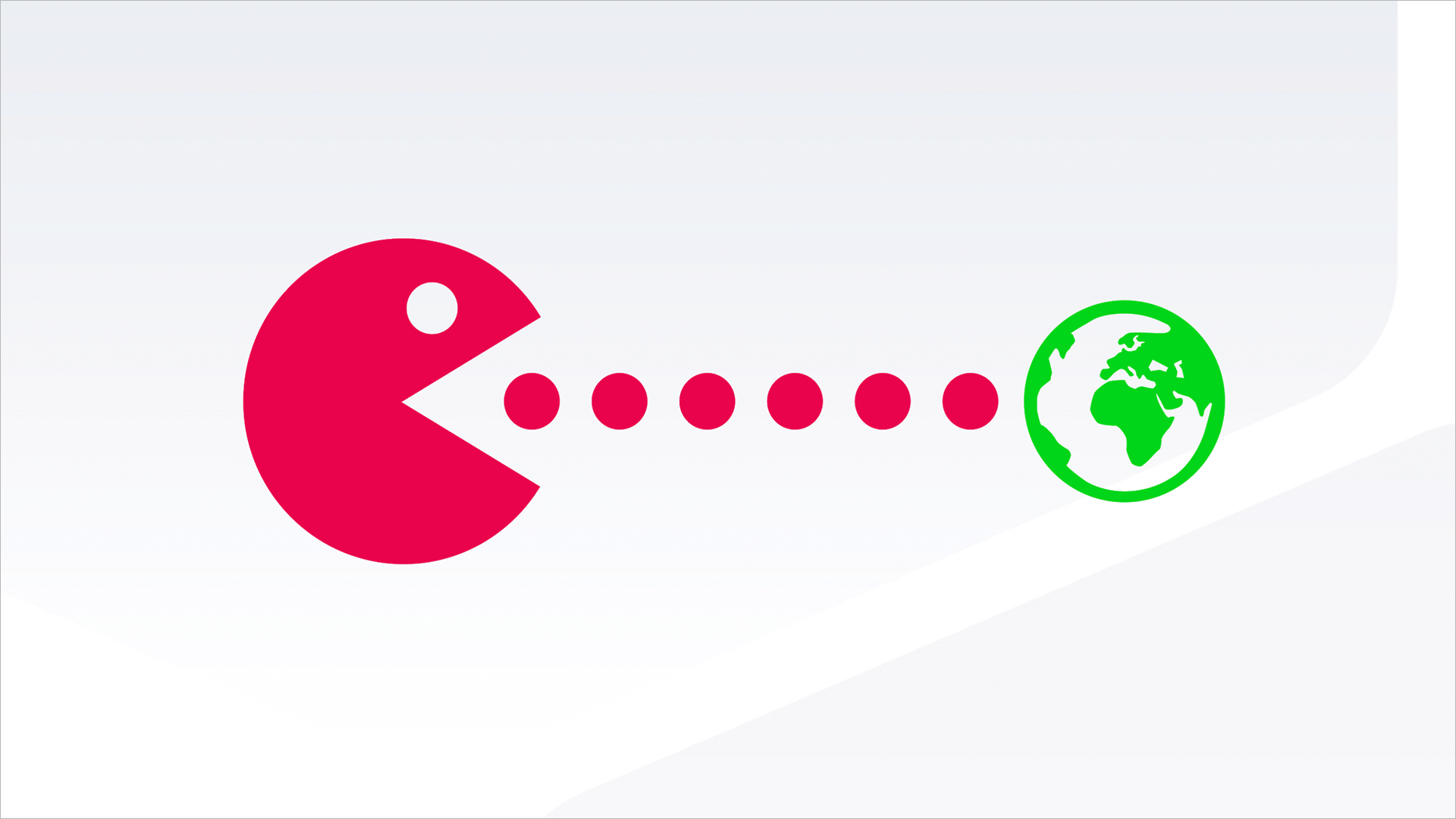If you were at Betty Blocks on Stage, you met the guru of Citizen Development: Bouwe Koopal. In his recently published book (co-authored with Bert Annink) “The World of UDI” he explains the journey to the cloud like an atlas with different places to visit. One of those places is Citizen Beach where the Citizen Developer resides. But, the modern day Citizen Developer has an extensive history with trials and tribulations before he could arrive at Citizen Beach.
A glimpse into the future
Imagine a sunny summer day. The sun is slowly sinking into the sea, you’re walking across the shore with your loved one, and there’s a sense of excitement in the air. This isn’t just an ordinary beach you are walking on, this is Citizen Beach. Citizen Beach is where the magic happens. An emerging place where the innovation-minded and people up for a challenge go to do things that previously seemed impossible.
On one of your summer strolls, it’s highly likely you will bump into a Citizen Developer. This is the type of person that’s at the forefront of innovation, well aware that the future is right on our doorstep. He knows that within ten years a robot will take care of his grandparents, drones will deliver his new gadget he ordered from the internet, and his new kidney will be 3D printed.
There’s still a lot of work to do to make that 10-year forecast a reality and that work starts with software. Technology is ready and banging on our door. On Citizen Beach, the doors are wide open, answered by the innovation-driven inhabitants. However, it takes many more people to open that door and make use of that technology to answer the increasing demand for software.
Software is eating the world!
IT is everywhere and involves all of us now, and that’s a good thing. However, humanity is faced with the problem that software is eating the world and we don’t have enough developers to answer the demand. But, it seems that innovation is once again one step ahead of the curve.

While the availability of developers declines, the options for application development increases, leading to a new paradigm: we don’t need developers, we need people. And there are plenty of those. At this very moment, people without development experience living on Citizen Beach can build applications. Although they can’t deliver the complexity that experienced developers can (yet), the gap is growing smaller by the day.
A no-code platform on a mission
The technology that makes it possible for people without traditional development knowledge to create applications is no-code. With the use of visual modulation and an extremely user-friendly workflow, no-code makes application development simple, fast, and fun. If it’s up to the no-code platform Betty Blocks, everyone will be able to build an application by 2023. That’s a bold statement, but the current state of the platform and its development shows that this is a goal that will be met.
Let that sink in for a minute: in 2023, people will build an application with the same skills they need now to set up a Facebook account. At the rate no-code platforms are developing, it will even be possible to use voice commands to build applications by that time. It’s like asking Siri for directions, but instead, you ask Betty to develop a CRM application that automatically imports and updates your Excel database.
If you think of the massive impact this can have on the world, you’ll realize how important it is to open the door. With over seven billion people in the world, each with their own personal challenges and needs, there’s a ton of opportunities for applications to create solutions. Mundane tasks will be automated at a speed that is simply incomprehensible, giving people the freedom to focus on things that actually matter. With no-code application development, humans are in control and development becomes another tool in their toolbox.
Meet the Citizen Developer
The solution for the shortage of developers comes from a surprising angle. As mentioned earlier, the answer isn’t educating more traditional developers. It’s making application development easier so everyone can do it. This opens the window for a new breed of ‘developer’, who we’ve met earlier: the Citizen Developer.
A Citizen Developer is typically someone working at an organization in a non-IT role. Think of a marketer, project manager, designer, or caretaker. It could be anyone. These people face problems that IT can solve, and they know exactly what kind of solution they need. Before no-code platforms like Betty Blocks emerged on the IT scene, would-be Citizen Developers were fully dependant on the IT department. That barrier is gone now. No-code platforms put Citizen Developers in control of their IT challenges, with the right tools to develop their own applications. All without being dependent on the IT department.
The concept of the Citizen Developer in relation to IT may seem to be a new phenomenon. But when you look at history, it’s clear that the characteristics that define the Citizen Developer are what brought us from surviving as hunter-gatherers to where we are now.
A brief history of the Citizen Developer
If it wasn’t for the early Citizen Developer we wouldn’t even be here. We would still be chasing animals and eating them raw. If it wasn’t for our Citizen Development instinct we wouldn’t have all these things we take for granted nowadays: fire, the wheel, the printing press, the ability to fly to exotic places, and the satellite. But, the early Citizen Developer delivered and now we are at a point where in the next 20 years alone we will see more innovation than in the 300 past years combined. Exciting times indeed. So exciting that one could argue that our amalgamation with smartphones is the first step toward becoming cyborgs. Whether that is a good or a bad thing is debatable, but it’s happening.

Meet Stijn - half man, half cyborg
We’ve all heard the famous words of Charles Darwin: survival of the fittest. What this comes down to is that the one who is able to adapt to his surroundings will survive. It’s survival for those who are able to innovate and adapt to circumstances. Alternatively, if it were survival of the strongest, the Homo sapien would have been extinct a long time ago. 39,000 years ago, to be exact.
But, the homo sapien survived and the strong Neanderthal didn’t. The Homo sapien was creative, able to adapt to his surroundings, and eager to adopt innovation. The Neanderthal was not able to do so and eventually, the Neanderthal faded from the earth due to natural selection. A simple but hard reality. The saying “innovate or die” rings truer than ever.
Our Citizen Developer mindset has brought us this far: the mindset to recognize what resources are available and how to utilize them for the better. The ability to take something as dangerous as fire, and make it work for us. Citizen Development is the pinnacle of adopting possibilities and pushing the boundaries of the status quo.
The impact of Citizen Development on the future
We are in the midst of the exponential growth of innovation and the possibilities that arise alongside it. Change is happening rapidly, and sooner or later all markets will be faced with disruption. This means we all have to make amends with change because it simply will happen.
Change can be a scary thing, but this time it is not. The simple reason is that you are in control, and that’s a beautiful thing. With the possibilities that Citizen Development brings, you decide where innovation will take you.
What’s even better is that innovation isn’t a fixed thing anymore. With the flexibility of no-code application development, innovation becomes a playing field. Failure is a thing of the past: it’s simply an indication that you need to change a few things. The ability to experiment and change along the way gives you all the power to create solutions that are 100% fit to your needs. Processes that took a development team hours can be done now by a citizen developer in a few clicks.
If there’s just one message you take home, it should be this: Realize that with Citizen Development you are in control and have great power to manifest whatever you can think of. We are the future and that future is already manifesting itself on Citizen Beach. The question is: will you be part of the growing Citizen Development movement or late to the party?
Technology is ready, are you?


